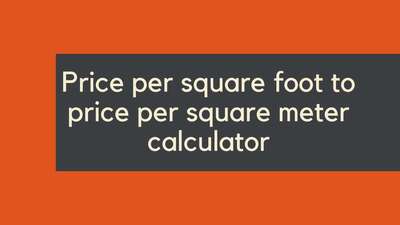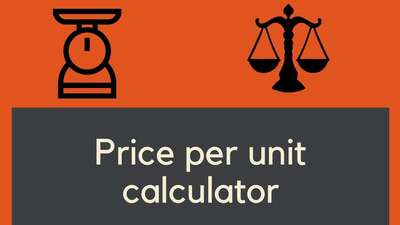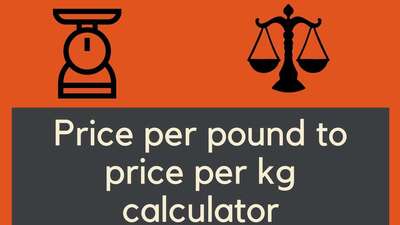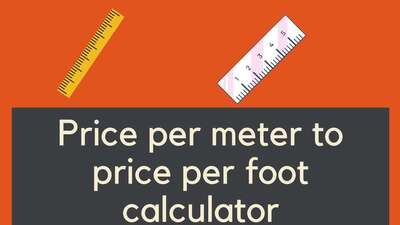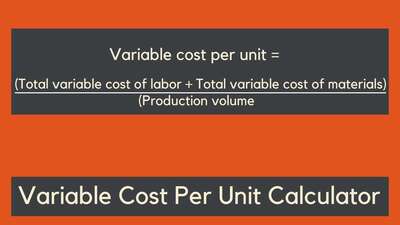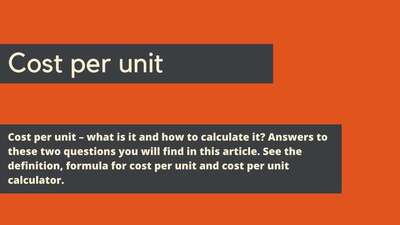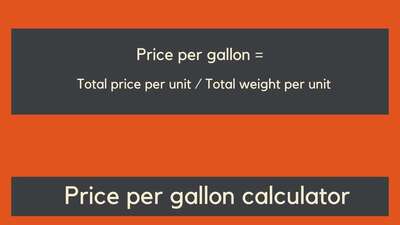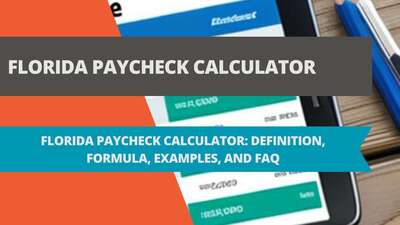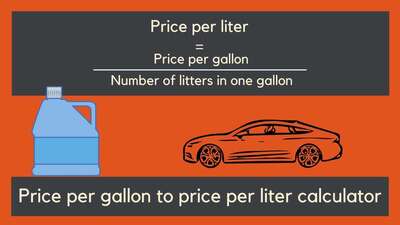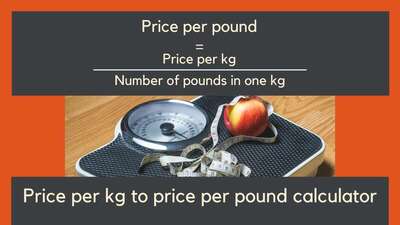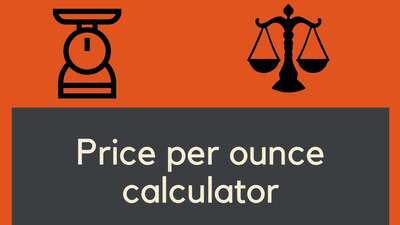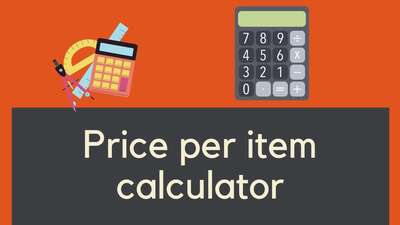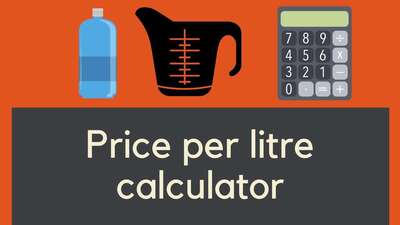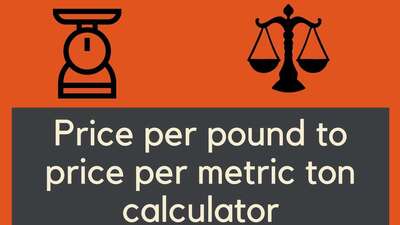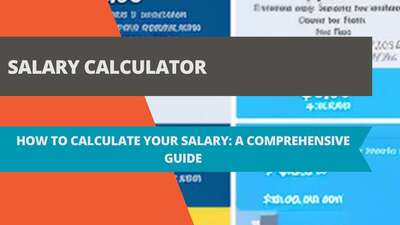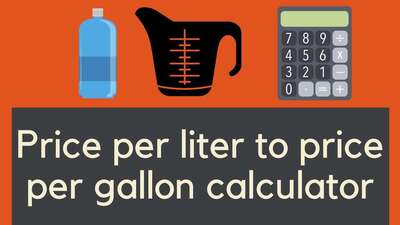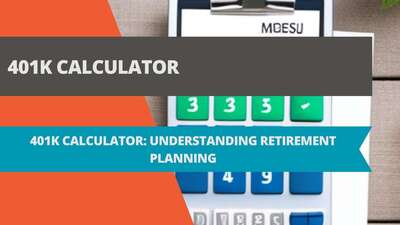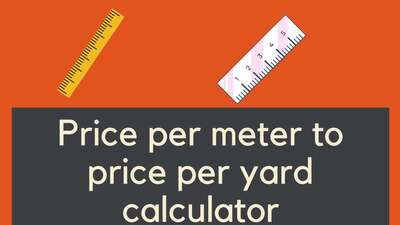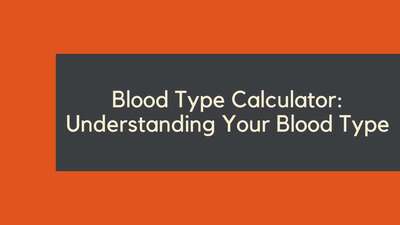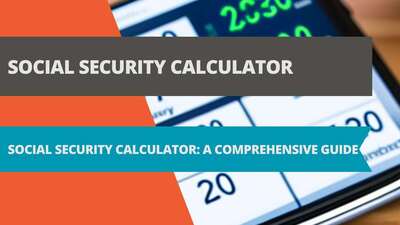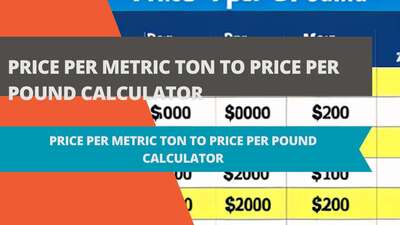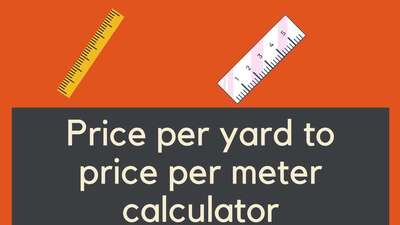Retirement Calculator: Definition, Formula, Examples, and Explanation
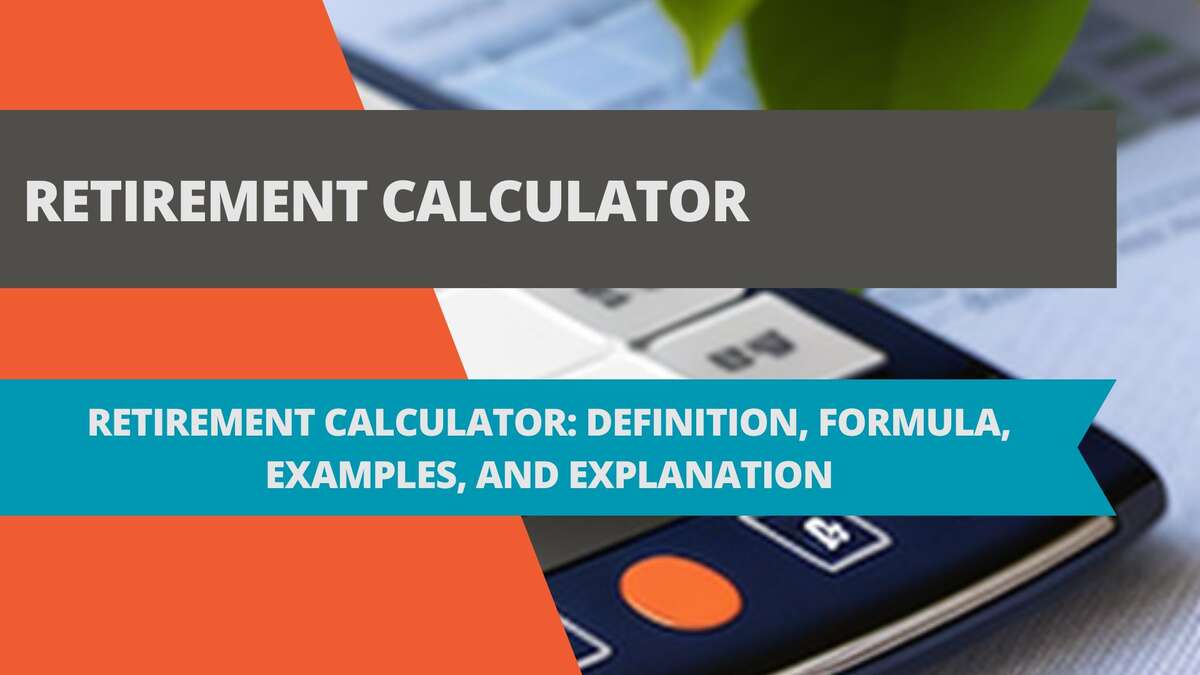
- Definition
- Formula
- Examples
- Example 1:
- Example 2:
- Explanation
- Question and Answer FAQ
- Q: Can I use a retirement calculator if I have a pension?
- Q: How often should I use a retirement calculator?
- Q: What if I don't have enough money to save for retirement?
- Q: Can a retirement calculator help me plan for healthcare costs in retirement?
- Conclusion
- Conclusion
Planning for retirement can be a daunting task, but with the help of a retirement calculator, you can get a better idea of how much money you need to save to retire comfortably. In this article, we'll cover the definition of a retirement calculator, the formula used to calculate retirement savings, provide examples, and explain how to use it.
Definition
A retirement calculator is a tool that helps you estimate how much money you need to save for retirement based on your current income, expenses, and other factors. The calculator takes into account your current age, retirement age, life expectancy, and expected rate of return on your investments.
Retirement calculators can be found online, and many financial institutions provide them on their websites. Some calculators are free, while others may charge a fee to use.
Formula
The formula used to calculate retirement savings varies depending on the retirement calculator you use. However, most calculators use a similar formula that takes into account your current income, expected income growth, expected rate of return on investments, and the number of years until retirement.
The basic formula is:
Retirement savings = (Annual income x savings rate) x (1 + rate of return) ^ number of years until retirement
For example, if your annual income is $50,000 and you save 10% of your income each year, and you expect to retire in 30 years with an expected rate of return on your investments of 6%, your retirement savings would be:
Retirement savings = ($50,000 x 0.10) x (1 + 0.06) ^ 30 = $650,262.73
Examples
Let's look at some examples of how retirement calculators can help you plan for retirement.
Example 1:
Jane is 35 years old and currently makes $60,000 per year. She plans to retire at age 65 and expects to live until age 90. Jane wants to maintain her current standard of living in retirement and has an expected rate of return on her investments of 5%. Using a retirement calculator, Jane finds that she needs to save $1.3 million by the time she retires to meet her retirement goals.
Example 2:
John is 45 years old and currently makes $80,000 per year. He plans to retire at age 65 and expects to live until age 85. John wants to maintain his current standard of living in retirement and has an expected rate of return on his investments of 6%. Using a retirement calculator, John finds that he needs to save $1.5 million by the time he retires to meet his retirement goals.
Explanation
Retirement calculators take into account a variety of factors to help you plan for retirement. These factors include your current income, expenses, retirement age, expected rate of return on investments, and life expectancy.
By using a retirement calculator, you can get a better idea of how much money you need to save to retire comfortably. Retirement calculators can also help you determine how much you need to save each year to reach your retirement goals.
When using a retirement calculator, it's important to remember that it's just an estimate. Your actual retirement savings may be more or less than the amount calculated by the retirement calculator. Factors such as unexpected expenses, changes in income, and fluctuations in the stock market can all affect your retirement savings. It's important to regularly review and adjust your retirement savings plan as needed to ensure you're on track to meet your goals.
Question and Answer FAQ
Q: Can I use a retirement calculator if I have a pension?
A: Yes, you can still use a retirement calculator if you have a pension. When entering your information into the calculator, include your expected pension income as well as any other sources of retirement income.
Q: How often should I use a retirement calculator?
A: It's a good idea to use a retirement calculator at least once a year to make sure you're on track to meet your retirement goals. You should also use the calculator whenever there are significant changes to your income, expenses, or other factors that could affect your retirement savings.
Q: What if I don't have enough money to save for retirement?
A: If you're having trouble saving for retirement, there are steps you can take to increase your savings. These include reducing your expenses, increasing your income, and taking advantage of employer-sponsored retirement plans and other retirement savings options.
Q: Can a retirement calculator help me plan for healthcare costs in retirement?
A: Yes, some retirement calculators include healthcare costs in their calculations. When using a retirement calculator, be sure to include your expected healthcare costs in retirement to get a more accurate estimate of your retirement savings needs.
Conclusion
Planning for retirement can be overwhelming, but a retirement calculator can help you get a better idea of how much money you need to save to retire comfortably. By taking into account factors such as your current income, expenses, retirement age, and expected rate of return on investments, a retirement calculator can provide an estimate of your retirement savings needs.
Remember, retirement calculators are just an estimate, and unexpected expenses or changes in income can affect your retirement savings. It's important to regularly review and adjust your retirement savings plan as needed to ensure you're on track to meet your goals.
Using a retirement calculator can be a helpful tool in planning for retirement, and with a little effort, you can create a retirement savings plan that works for you.
Disclaimer: The information provided in this article is for informational purposes only and should not be construed as financial advice. It is important to consult with a financial advisor or professional before making any financial decisions.
Conclusion
A retirement calculator can be a helpful tool in planning for retirement. It takes into account factors such as your current income, expenses, retirement age, and expected rate of return on investments to provide an estimate of your retirement savings needs. By using a retirement calculator, you can get a better idea of how much money you need to save to retire comfortably and make adjustments to your retirement savings plan as needed.
Remember that retirement calculators are just an estimate and unexpected expenses or changes in income can affect your retirement savings. It's important to regularly review and adjust your retirement savings plan as needed to ensure you're on track to meet your goals. With a little effort and careful planning, you can create a retirement savings plan that works for you and allows you to enjoy your retirement years.
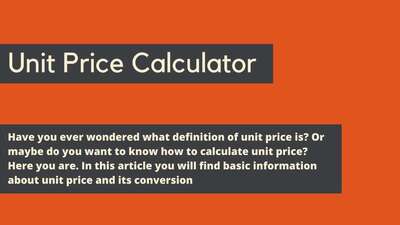

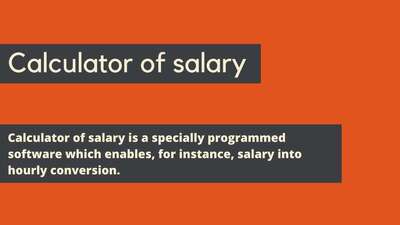


![Car Loan Calculator: Definition, Formula, Examples, and FAQs [2023 Guide]](/images/page/400/car-loan-calculator-13.jpg)
